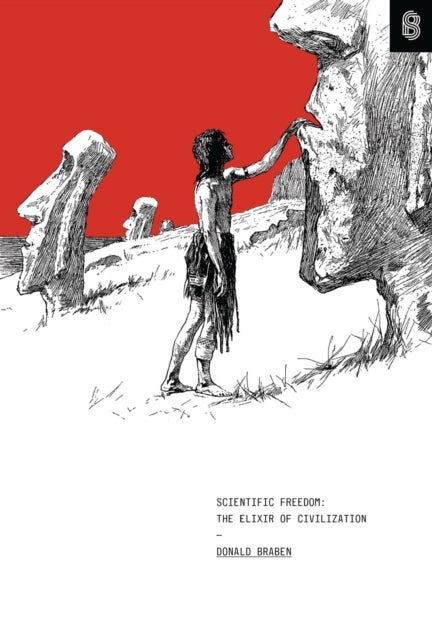
Scientific Freedom av Donald W. Braben
249,-
<b>A radical and timely proposal for reinvigorating transformative scientific discovery.</b><br><br> So rich was the scientific harvest of the early 20th century that it transformed entire industries and economies. Max Planck laid the foundation for quantum physics, Barbara McClintock for modern genetics, Linus Pauling for chemistry—the list goes on.<br> <br> In the 1970s, the nature of scientific work started to change. Increases in public funding for scientific research brought demands that spending be justified, a system of peer review that selected only the research proposals promising the greatest returns, and a push for endless short-term miracles instead of in-depth, boundary-pushing research. A vicious spiral of decline began.<br> <br> In <i>Scientific Freedom</i>, Donald W. Braben presents a framework to find and support cutting-edge, much-needed scientific innovation. Braben—who led British Petroleum’s V








